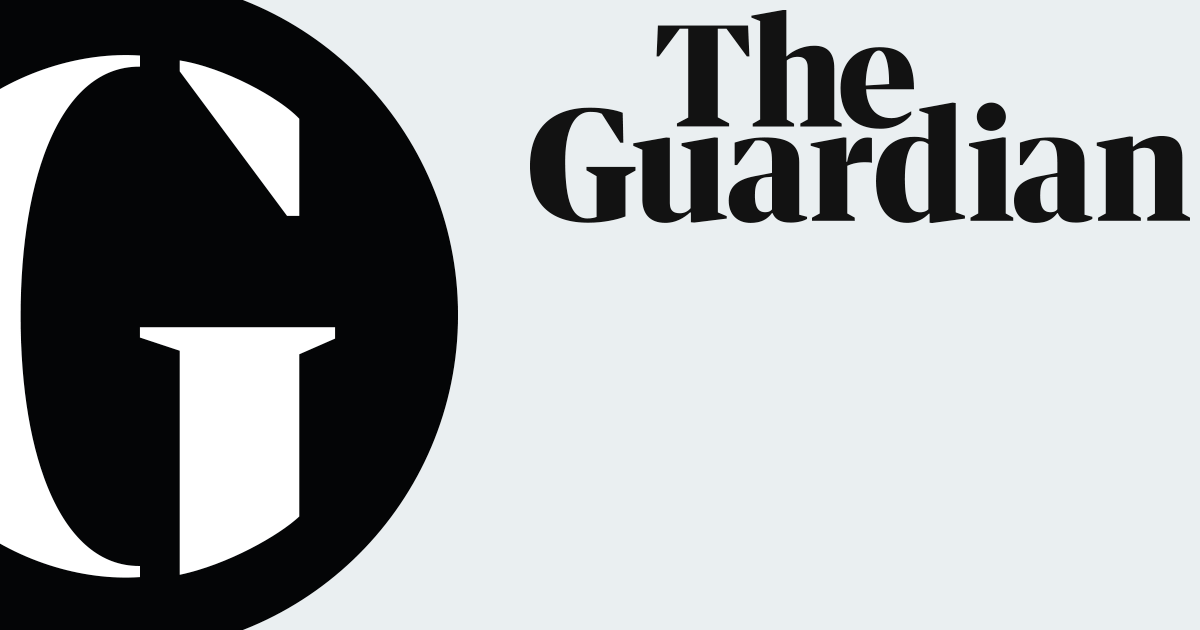PNWokingham
Journeyman Pro
No easy solutions. It is a global issue although UK suffering worse than most as we spent more on covid measures, were less prepared energy wise and import wise, meaning food and other inflation higher. The strikes everywhere are not helping anything although perfectly understandable why they are happening, at least in those industries that are able to do so. Tax rises to combat inflation is a stupid idea as all that will do is exacerbate the problem, lower growth and lead to more higher tax payers moving abroad, lower growth and further problems. How to get out of this is a million-dollar question. Inflation may now be starting to slow and could do so more quickly than people expect but also recession is a real and likely possibility and that may cause more pain than we have have now. A house price correction is underway but impossible to know how far it will go. We are in a mess, 15 years of free money and the resulting asset-price bubble in all areas combined with massive government debt issues, huge fiscal defecits cauesd by covid and now the Ukraine war mean we are in totally unchartered territory and governments have no levers and only issues. Growth is likely the only way out of this but how we get there in the face of the issues is hard to see.
